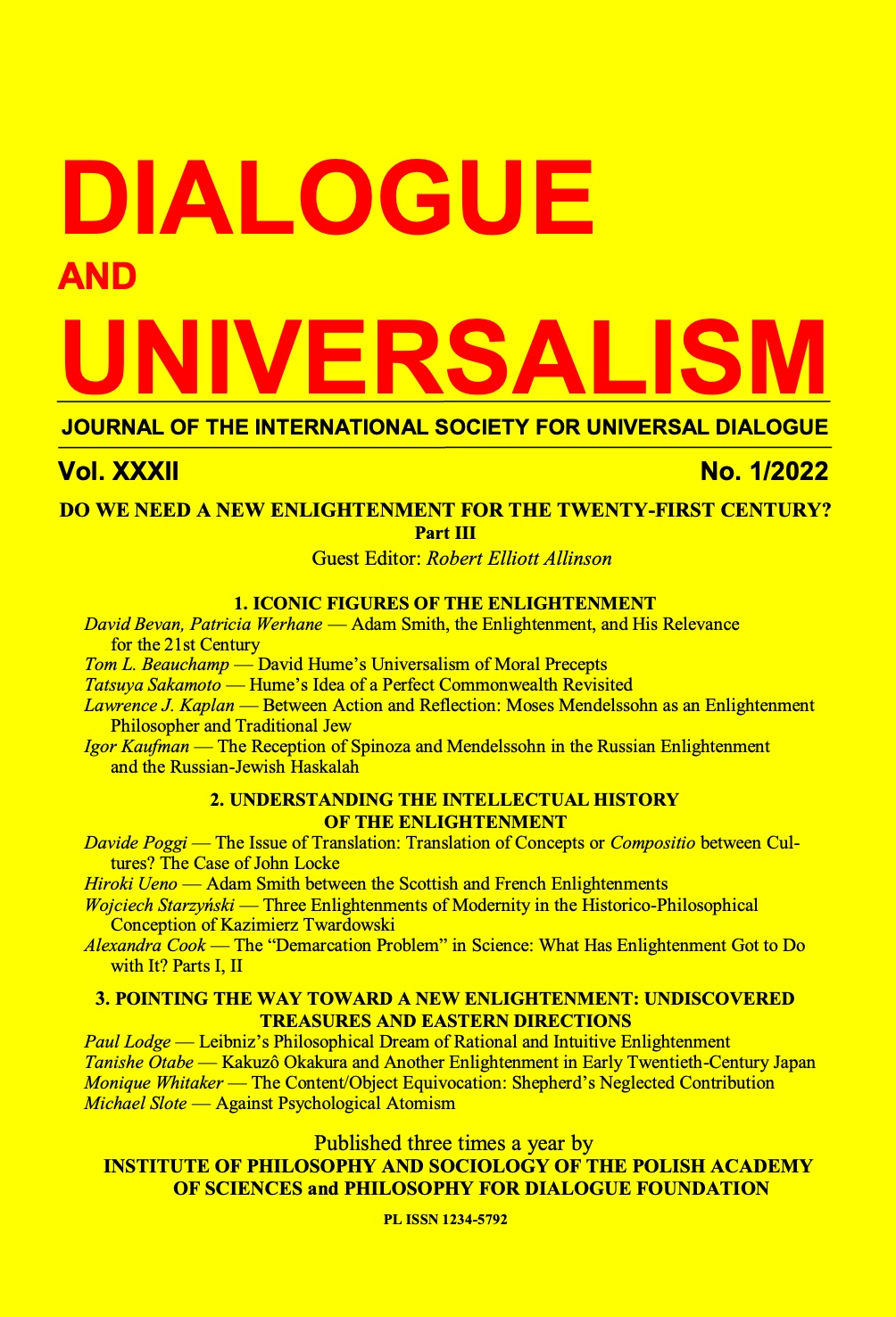SEARCHING FOR PRINCIPLES OF SUSTAINABLE DEVELOPMENT
SEARCHING FOR PRINCIPLES OF SUSTAINABLE DEVELOPMENT
Author(s): MARTA DIXA, Krzysztof ŁastowskiSubject(s): Philosophy, History of Philosophy, Social Philosophy
Published by: Instytut Filozofii i Socjologii Polskiej Akademii Nauk i Fundacja Filozofia na Rzecz Dialogu
Keywords: Civilizational development models; biological factor; social factor; cultural factor; cognitive factor; patterns of civilization development
Summary/Abstract: Implementing sustainable development is one of the essential tasks in the current human activity in managing our planet’s natural resources. It is a challenge not only for ecology, demography, anthropology and philosophy but also turns out to be a challenge for other disciplines supporting research on the nature of the human species and its changes. The practical implementation of this idea assumes a detailed knowledge of the factors determining the development of civilisation, as well as the factors that disturb this development. In this article, we present arguments that, through modelling, illustrate the historical regularities of the development of the human race, starting from the Neolithic Age through the Bronze Age, Iron Age, and early Middle Ages (models 2–5), to the contemporary image of civilisation development (model 6). These arguments show that in the past, the history of civilisation was fundamentally influenced by three factors: biological, social and cultural. However, in the modern era, an important fourth factor emerges, which is the cognitive factor. Moreover, the historical approach to development (models 2–5) fits into the so-called Malthusian pattern of development, which follows an exponential curve (models 2–5). In contrast, the development of modern civilisation (model 6) follows the Volterra pattern, which is modelled on a logarithmic curve. We hypothesise that the transition from the Malthusian to the Volterra pattern took place precisely due to a new development factor—the cognitive factor. The increase in its rank in the history of civilisation development is presented using a four-factor model. We present the characteristics of this factor and place it in our model, showing how it will fundamentally determine the optimisation of the principles of sustainable civilisation development. In the conclusion of the given argumentation, we emphasise the need to promote various forms of education as the primary tool of humanity in pursuit of sustainable development.
Journal: Dialogue and Universalism
- Issue Year: 2023
- Issue No: 2
- Page Range: 115-145
- Page Count: 31
- Language: English

